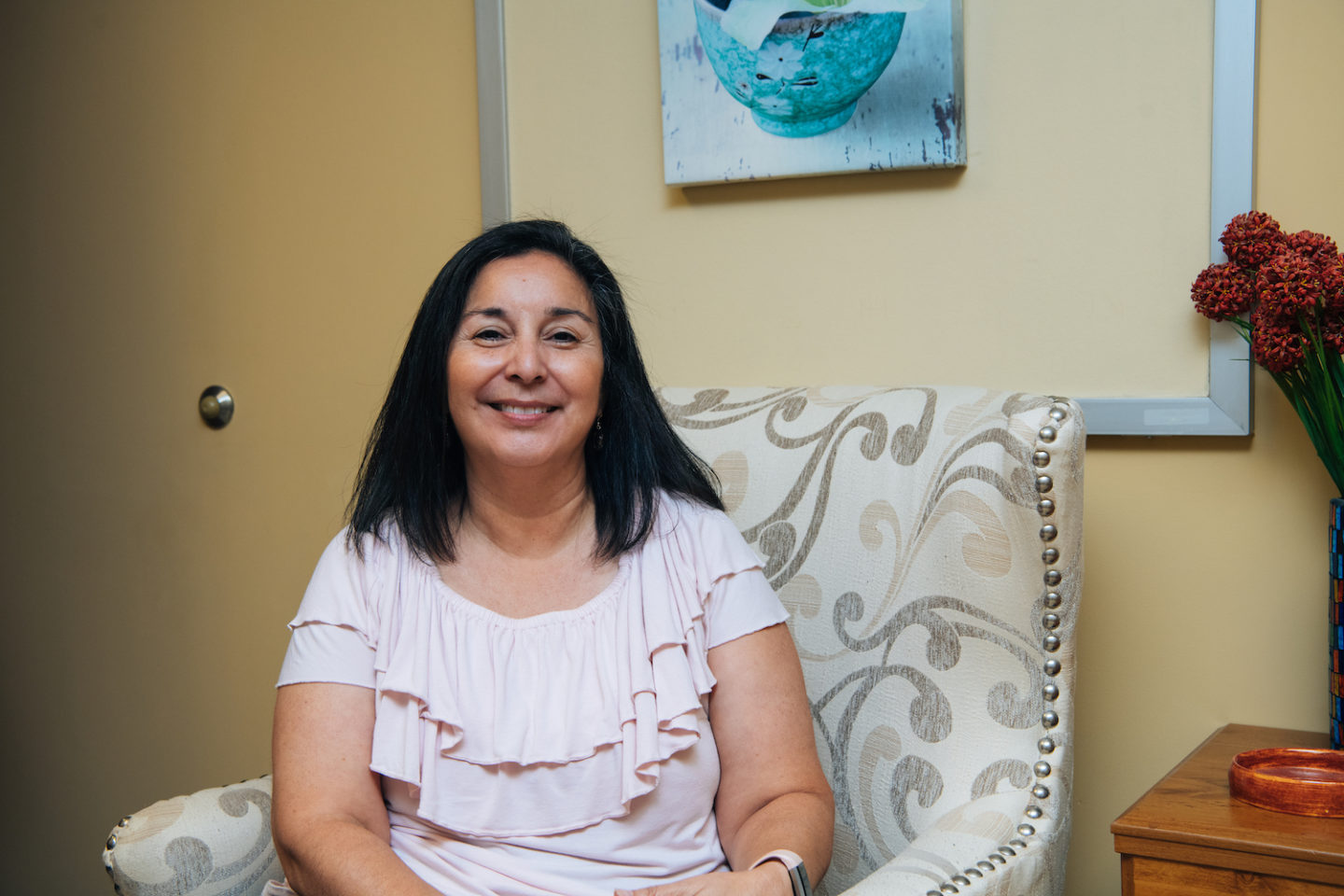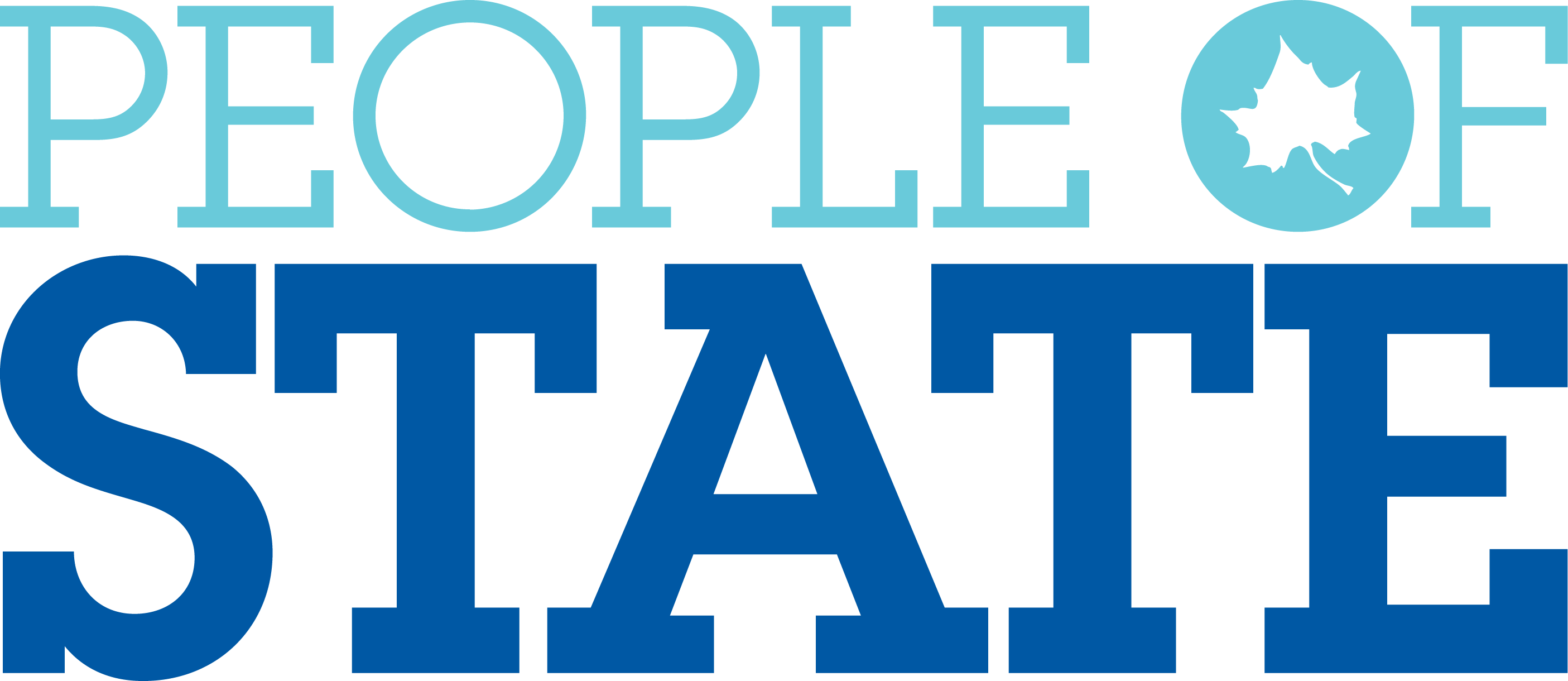
Katheryn Ocampo
By Indiana State University
Oct 15, 2019
It’s not by chance that Indiana State University’s Doctor of Psychology program is one of the top-rated PsyD programs in the nation.
The program’s reputation stems from the high-caliber clinical training students receive. Katheryn Ocampo, who is in her fourth year as director of State’s Psychology Clinic, oversees the training opportunities at the Psychology Clinic, which has served as the training facility for PsyD students since 1985.
“I’m responsible for making sure we have a wide-range of clients for our students and that we have a variety of clients with different ages, problems and other demographic factors,” Ocampo said. “We’re a community clinic so we see students, community members and we are also the employee assistance provider for the University, so staff who are benefits eligible are able to get up to six sessions paid for by the University.”
State’s program is one of the top-rated PsyD programs in the nation, partly because of the research opportunities offered to students seeking the terminal degree for psychologists.
“At ISU, we are a university-based PsyD program, which is different from private programs that don’t offer the same types of opportunities,” said Ocampo, who along with other members of the clinical faculty supervise students seeing clients at the Psychology Clinic. “Here, we are research-focused so students get good clinical and research training, including opportunities to produce publications and presentations with faculty, which allows them to be more competitive for internships and jobs in psychology.”
Second-year students in the program see clients only at State’s Psychology Clinic, where students saw about 250 clients for therapy and assessments last year. In the program’s third year, students see clients both in the clinic and at facilities in the community. Fourth year students see clients only at their community placement sites. Students also participate in simulated patient experiences in the Rural Health Innovation Collaboration’s Simulation Center at Union Hospital.
Each program cohort has about eight students each and most students complete the program in five years, which includes clinical placement experiences in the community. Past placement sites have included: Valley Professionals Community Health Center, Wabash Valley Correctional Facility, Richard L. Roudebush Medical Center, Riley Children’s Hospital, VA Medical Center in Danville, Ill., Student Counseling Center on campus, Hamilton Center, Gibault Children’s Services and in private practices.
In June, Appleton, Wisc., native and third-year PsyD student Joe Korevec started his placement at the Wabash Valley Correctional Facility, where he handles male-only clients on the prison’s south side by providing individual therapy and problem solving skills for inmates, help with release planning and diagnostic clarification.
“I’d like to work in corrections or forensics in the future, so this is direct experience for me and it’s helping me to differentiate between the corrections versus forensics tracks,” he said. “This is my first hands-on experience in a prison setting, but after I did my undergrad I worked as a residential care therapist in Colorado for a year.”
When Korevec starts his fourth year in the program, he and all fourth-year PsyD students will serve as peer supervisors for the second-year students, in addition to being clinicians.
“The program has a lot of options for placements, no matter what your focus is in the future; you can get a breadth of experience,” Korevec said. “They prepare you very well for clinical work and by your third year you’re hitting your stride and are comfortable because of all the experience you get working with real clients.”
Ocampo’s start in clinical psychology was much the same. A Southern California native, Ocampo completed her undergraduate work in psychology at the University of California-Irvine, where a faculty member, Joe White, peaked her interest in clinical psychology.
“I ended up going to graduate school in clinical psychology at Arizona State University, where I got generalist training for all ages and problems and did my internship at Nationwide Children’s Hospital in Columbus, Ohio, then moved to Indiana with my husband,” she said. “I started working in community mental health and worked for Hamilton Center for 20 years. Hamilton Center was a placement site for the program, so I was familiar with the quality of Indiana State’s program when the opportunity to be the clinic director opened up.”
Ocampo will return to Hamilton Center in October to speak with providers about the Hispanic community and diversity issues – one of the areas of her research in graduate school. She will offer personal insights and general facts about the Hispanic population to help providers better understand this growing population.
“I want to dispel myths about immigration and fears people may have about immigrants and the Hispanic population by helping them understand how hardworking immigrants are,” said Ocampo, who serves as a Safe Zone facilitator at State and trains students to work with diverse populations.

